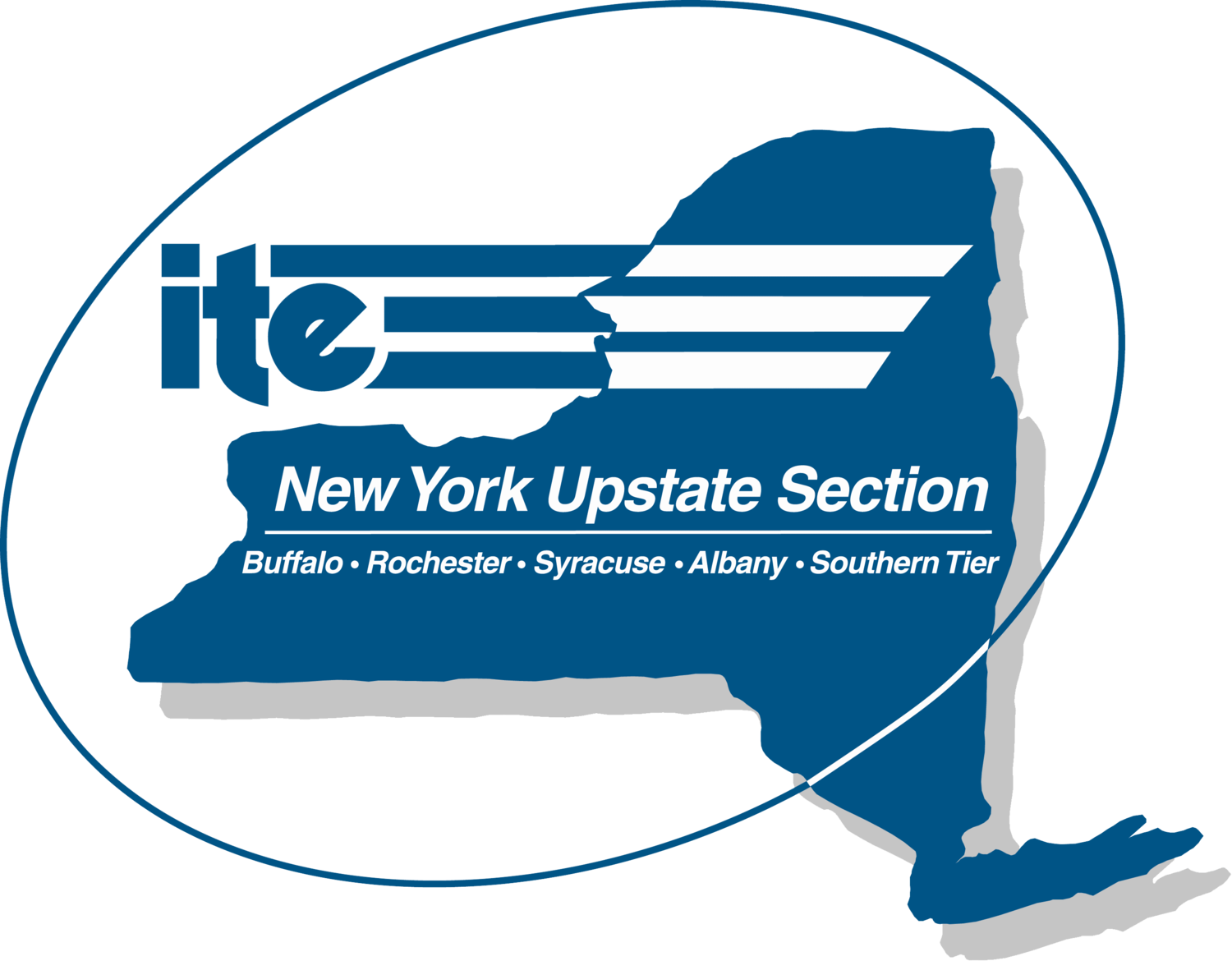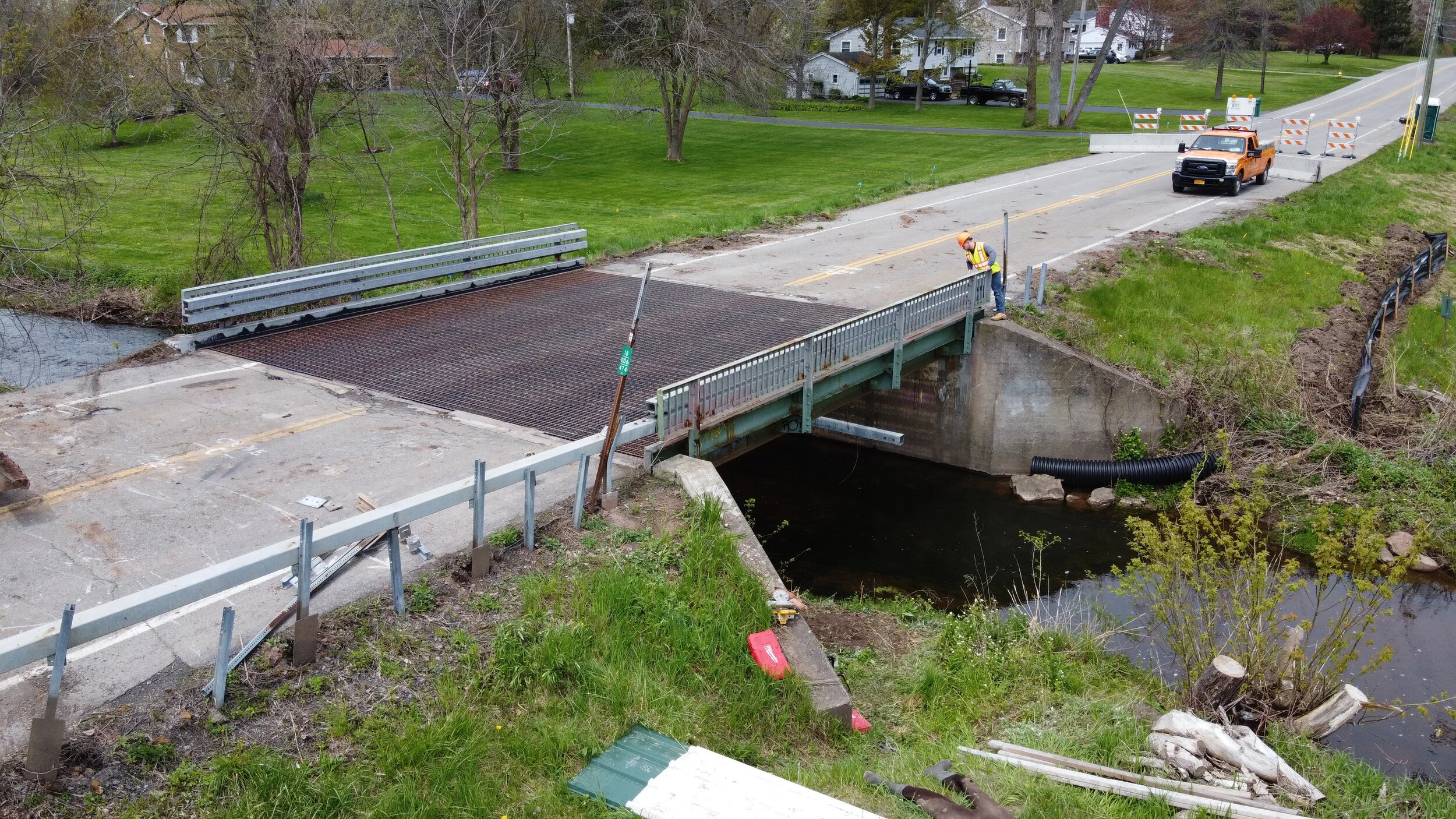Upstate NY Project Showcased in ITE Journal
Written By: Thomas D. Polech, P.E.
Monroe County Department of Transportation’s Salt Road Bridge Reconstruction Project in Rochester, NY was showcased in the September 2020 issue of the ITE Journal, Public Agency Showcase section! See page 16 of the journal for the full excerpt:
With the ever-increasing demands placed on local governments to maintain essential services under tightening budget constraints, the engineering industry must continue to push the limits of technology and provide innovative, cost-effective solutions to complicated site constraints and operational requirements. No project exemplifies meeting these challenges better than the Salt Road Bridge Replacement Project in the Town of Webster, Monroe County. This crossing of Fourmile Creek provides essential access to the residents of the town, local business and tourists. The existing structurally deficient steel bridge with open-grate deck was quickly deteriorating and threatening closure due to its reduced capacity. A cost-effective and innovative solution was required to renew the service life of the crossing and minimize costs to the Monroe County taxpayers. To meet these strict demands, Monroe County developed a proposed design to re-use precast deck panels salvaged from the Tappan Zee Bridge Replacement. The 50-foot long panels were a perfect fit for the project geometry and will meet the service life requirements of the project. The Salt Road Bridge is the first in Monroe County to be built using the re-purposed Tappan Zee Panels and the first in the State to be constructed on integral abutments, minimizing future maintenance.
Three (3) Tappan Zee Bridge Deck Panels were loaded and transported from the Monroe County Pure Waters Northwest Quadrant Treatment Plant in Hilton, NY.
Notable aspects that distinguish this project include:
♦ Re-purposed Tappan Zee Panels eliminated 35,000 pounds of steel and 50 cubic yards of concrete from recycling streams and landfills. They also eliminated the need to fabrication of superstructure components allowing the project to be completed on an accelerated schedule.
♦ Innovative techniques and materials were used to provide an integral abutment design compatible with Tappan Zee Panels and provides a maintenance-free structure. It is the first of its kind in New York State.
♦ Improved geometry that meets the roadway approaches.
♦ Project completion within the proposed schedule and under the approved budget, saving Monroe County tax payers over $100,000.
Three (3) Tappan Zee Bridge Deck Panels were installed on integral abutments.
The completed bridge has 6 foot shoulders on each side, wide enough to be used by bicyclists, walkers, and joggers.
The existing bridge had an open grate steel deck.




